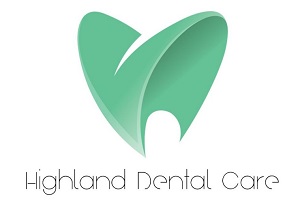Does Stress Affect Oral Health?
Stress is a universal phenomenon today. It could be from work, personal life, or relationships. Many factors contribute to stress. It can affect people mentally, physically, and even emotionally. According to the American Academy of Periodontology, damage from plaque-related gum disease can exacerbate the effects of stress on your oral health. This is because stress can cause an increase in your risk of periodontal diseases, such as gingivitis and periodontitis.
How does Stress affect Oral Health?
It comes as no surprise that stress can have a direct and negative impact on oral health. When people are stressed, they often forget to practice good dental hygiene habits like brushing and flossing. According to the National Institute of Dental and Craniofacial Research, a study demonstrated that people who suffer from chronic stress are more likely to experience gum disease or periodontitis. This is because stress can weaken the immune system, hindering the body's ability to fight infection resulting in an increased risk for bacteria growth in the mouth.
Gum disease is the leading cause of tooth loss in adults. Periodontitis occurs when plaque builds up on the teeth, and the gums cannot fully clean it away due to a weakened immune system. As the disease advances, the tissue and bone that support the teeth are damaged, causing the teeth to become loose and eventually fall out. If left untreated, periodontitis can lead to even more serious health problems such as heart disease, stroke, and diabetes.
A variety of stress-related symptoms can cause oral health issues. For example, people who have anxiety or depression often face challenges with taking care of their teeth. They may experience difficulty eating and sleeping, which can keep them from getting the nutrition they need to stay healthy. This can lead to periodontal disease, cavities, and broken teeth. Additionally, some people who struggle with anxiety may grind or clench their teeth during the day or at night as a way to cope. This can wear down teeth or cause jaw problems, such as TMJ Disorder. Over time, grinding can lead to loose teeth and eventual tooth loss due to tooth loss.
The good news is that patients can take steps to better manage the effects of stress on their health. Some ways people can do this include exercising regularly, getting enough sleep each night, and eating a healthy diet. If these methods aren't effective, patients and their doctor can work together to find additional ways to manage these symptoms. Patients can also visit their dentist's office for routine cleanings and exams to protect their teeth and gums from damage.
Highland Dental Care, located in Denver, CO, is equipped with the best dentists and modern technologies. Call us at (303) 455-3838 to schedule an appointment at our dental practice.







0 comments